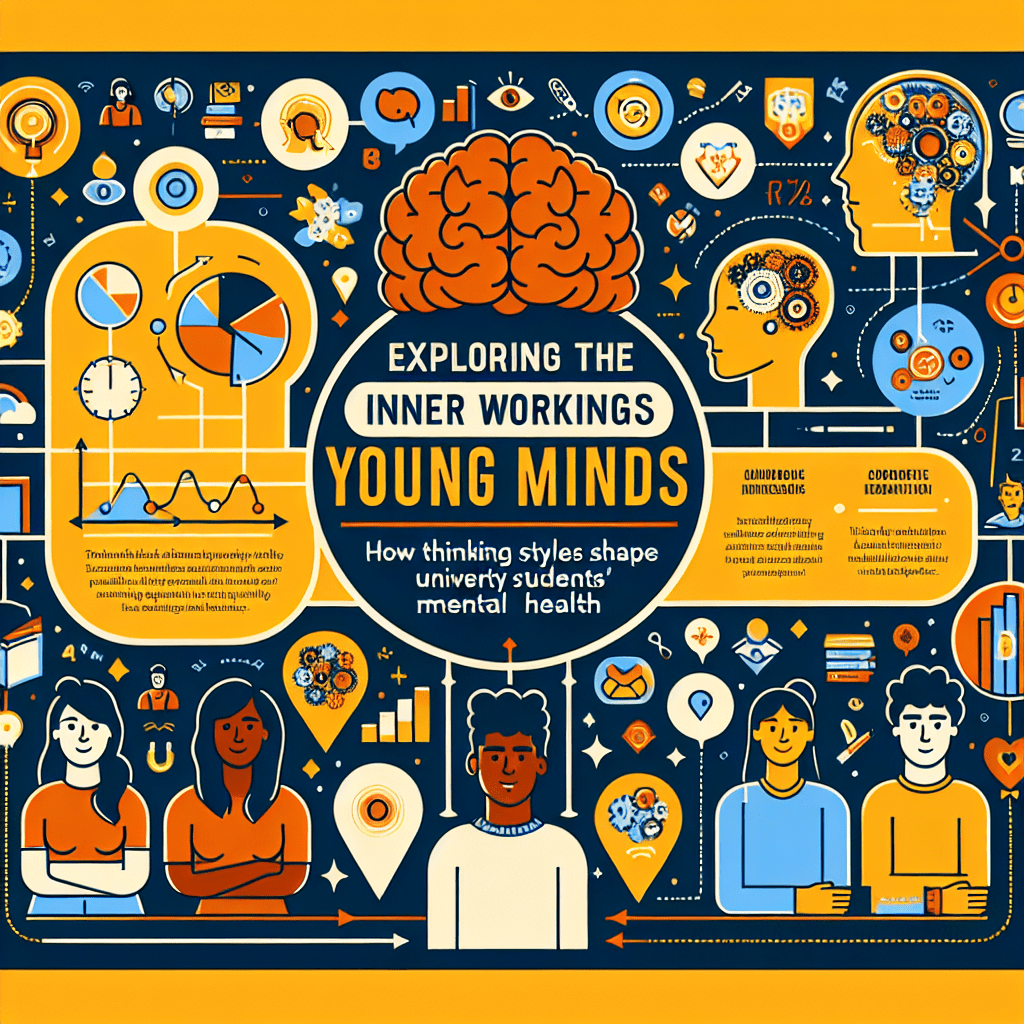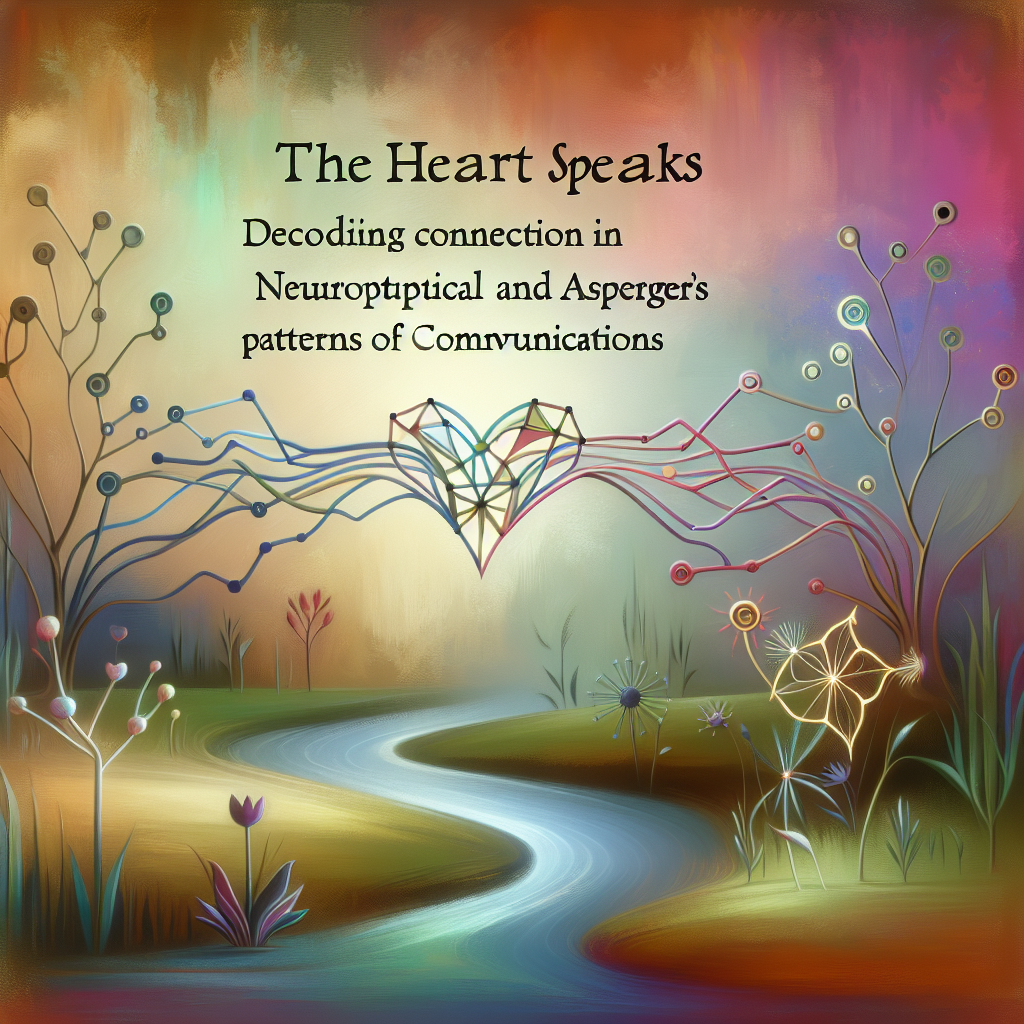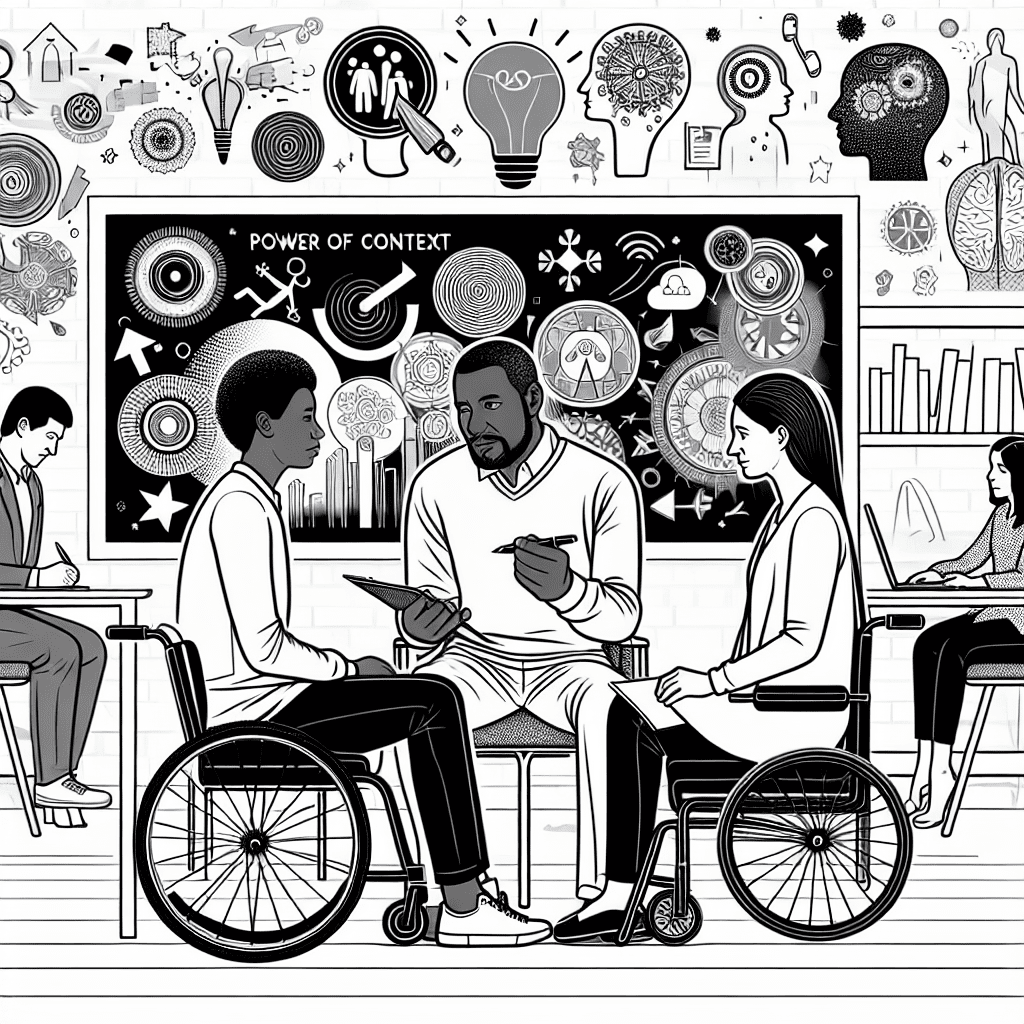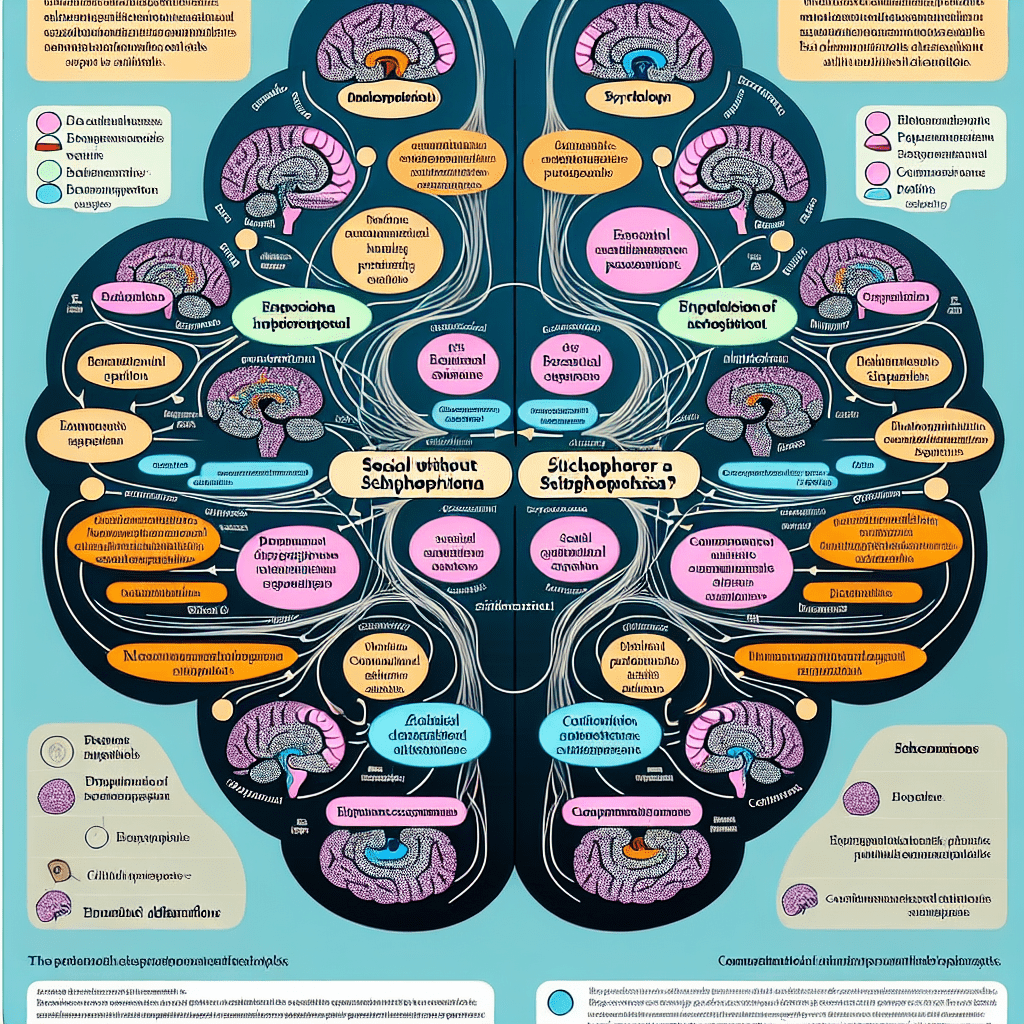Introduction: Exploring the Social Fabric of Our Minds Picture this: you’re at a lively gathering, surrounded by vibrant conversations and laughter. How do you feel? Chances are, this social interaction sparks emotions—perhaps joy, comfort, or even a tad bit of anxiety. Now, imagine living with a mental health condition like schizophrenia. Would your social experiences […]
Tag: Neuroscience

Exploring the Inner Workings of Young Minds: How Thinking Styles Shape University Students’ Mental Health
Introduction Picture yourself as a university student on a typical Monday morning. The pressure of balancing assignments, social life, and future career plans can feel overwhelming. It’s like juggling with no end in sight. Have you ever wondered how certain thinking styles might help or hinder you during these formative years? Research is now unraveling […]

Healing the Invisible Wounds: Unraveling the Impact of Psychological Interventions on Torture Survivors
Introduction: Shining a Light on Hidden Battles The world is often unaware of the invisible scars that linger within the minds and souls of torture survivors. Imagine carrying the weight of such trauma; the struggle is not just a personal battle but a global crisis, affecting thousands worldwide. A new comprehensive research paper delves into […]

The Heart Speaks: Decoding Connection in Neurotypical and Asperger Conversations**
Introduction: Unlocking the Secrets of Social Interaction Imagine sitting across from a friend, sharing a laugh or an intense discussion. You might not realize it, but beneath the surface, your body is buzzing with invisible signals responding to this seemingly simple interaction. However, what if your body’s response to these signals felt entirely different? This […]

The Temptation Tug-of-War: Impulsivity in Young Minds
Introduction Imagine being offered a delicious slice of cake but knowing you’ll get two if you simply wait a while longer. For many children, the ability to resist the immediate temptation of indulging right away versus holding off for a greater reward later can vary significantly. This concept is known as reward delay impulsivity, a […]

Reading Minds: Unraveling Nonverbal Communication in Bipolar Disorder
Introduction Imagine stepping into a room, where everyone seems to be speaking a silent language with signs, glances, and gestures. This silent communication, often more powerful than words, is what psychologists call “nonverbal signals.” Now, picture navigating this unspoken world with impaired vision—this is the reality for many living with bipolar disorder, even when their […]

The Surprising Truth About Brain Training: Can Cheap EEG Devices Boost Your Alpha Waves?
Introduction Imagine sitting comfortably in your living room with what looks like a futuristic headset perched on your head. A device, more at home in a sci-fi movie than an average household, reads the electrical activity patterns zipping across your brain. This isn’t just a figment of imagination; it’s the essence of a fascinating field […]

Navigating the Plate: Eating Experiences of Autistic Adults
Introduction Picture the daily act of eating, a seemingly simple ritual that most of us glide through without a second thought. Now, imagine that every bite is a challenge, every meal is a puzzle, each ingredient a new potential obstacle. This is the reality that some autistic adults face as they navigate their complex relationships […]

The Push and Pull of Impulsivity and Mindset in Shaping Young Minds
Introduction: The Teenage Mindscape Ah, adolescence—a time of wandering, discovery, and, let’s face it, some pretty erratic decision-making. No parent or educator is a stranger to the word “impulsivity” when describing teenagers. Think about it: impulsivity—the tendency to act quickly without thinking things through—seems as intertwined with the teenage life as late-night texting or an […]

The Power of Context: Rethinking Coaching as Disability Accommodation
Introduction: Breaking Barriers with Contextual Insights Imagine a world where workplaces aren’t just about daily tasks and deadlines, but also about empowering everyone to reach their potential—regardless of the challenges they face. This vision is particularly relevant for adults with dyslexia, a condition affecting about 5-8% of the workforce. To level the playing field, organizations […]
